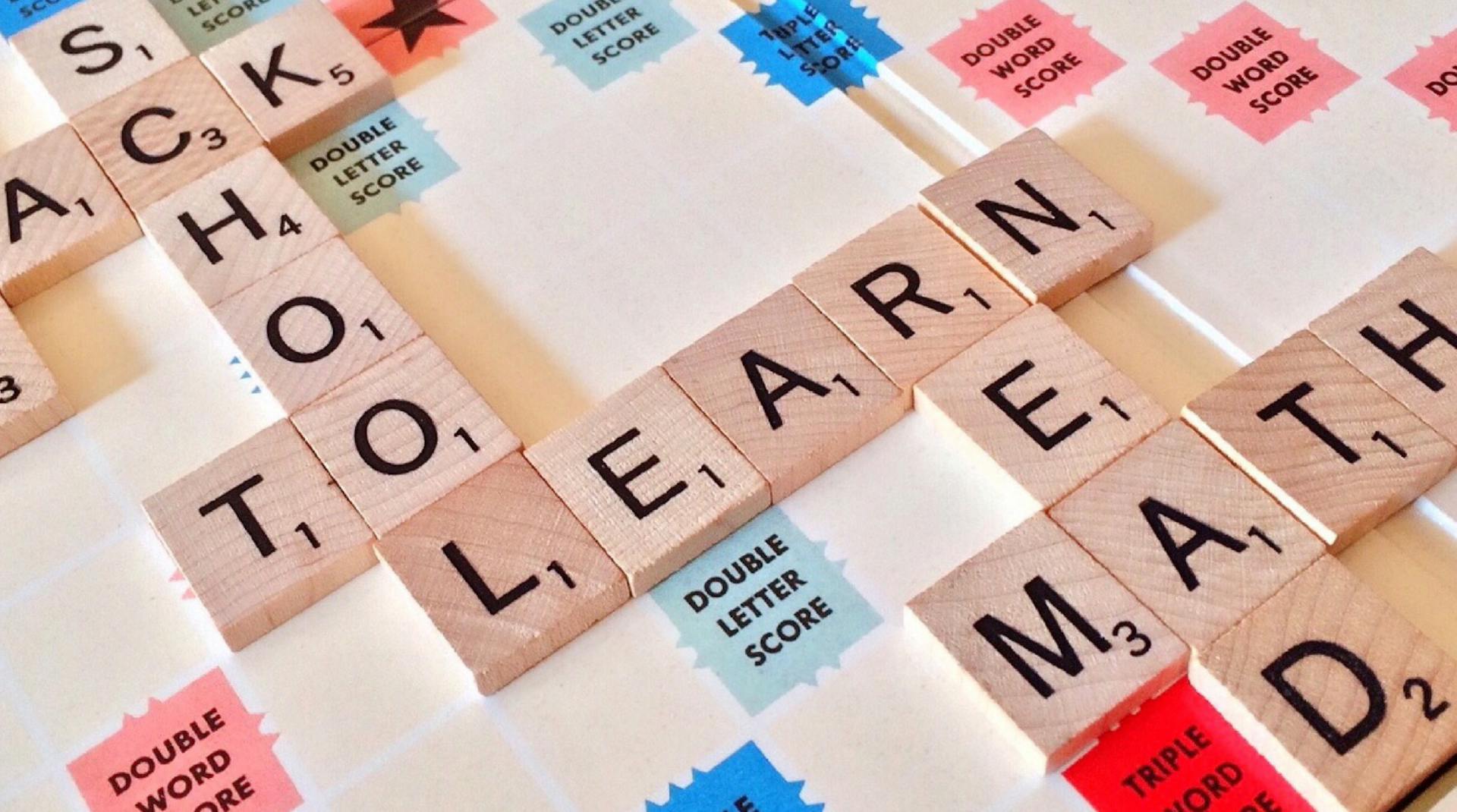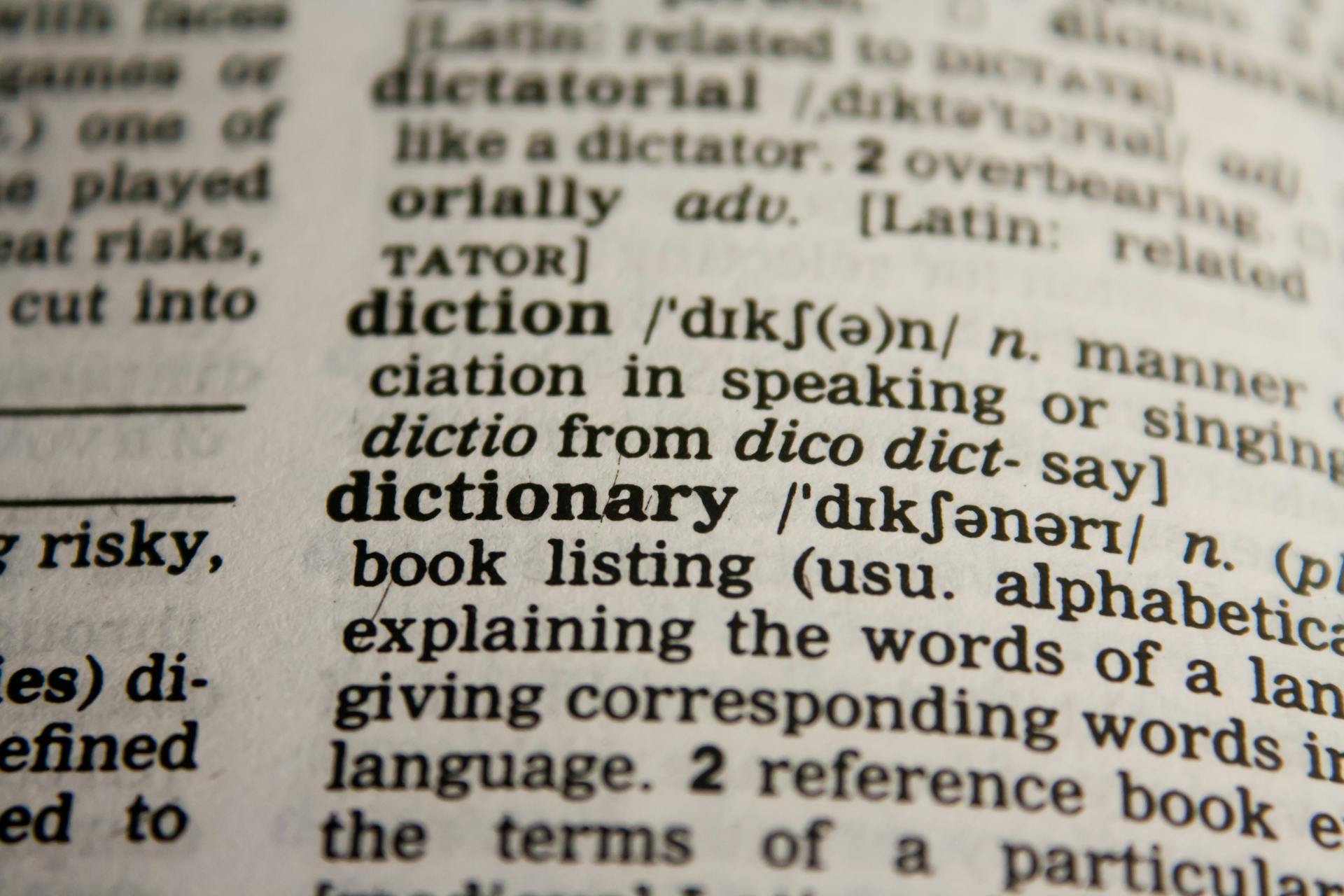
English for the hotel industry is becoming a necessary skill for those who wish to work in the hospitality sector. With tourists and families visiting from all over the world, speaking only the local language can be limiting. Learning hotel English specifically, in addition to regular everyday English, can offer fantastic job opportunities and make long days at work easier.
The ability to communicate with hotel visitors in their own language is an essential skill that every hotel staff member should possess. Any specific skill such as spoken English can provide a good chance of promotion and career advancement within the industry. The language spoken by most tourists is English, therefore it's no surprise that learning hotel English has become increasingly popular among those wishing to pursue careers in hospitality.
In this blog post, we will explore why learning hotel English is a great idea and how to start. We will explain how you can improve your communication skills with portable PDFs or by downloading copies online. So if you're ready to learn English for the hotel industry and take advantage of the many opportunities it offers, keep reading!
Discover How to Learn English with a Purpose
If you're reading this article, it's because you are interested in learning English for the hotel industry. Having a purpose goal makes learning English easier and more enjoyable. When you set a clear objective, such as communicating fluently with hotel guests, it gives you motivation and direction.
The hotel industry is global, and knowing English is essential to succeed in this field. However, sometimes we can feel overwhelmed when starting to learn a new language. That's why setting a specific goal can help us focus on what we need to learn. Answer questions like: What do I want to achieve by learning English? How will speaking English help me in the hotel industry?
Finally reaching your goal will feel amazing! You'll be able to communicate confidently with your colleagues and hotel guests from all over the world. Learning everyday English is excellent, but when it comes to the hotel industry, we also need to know specific vocabulary and expressions commonly used in hospitality settings. So start now and learn Hotel English - it will be worth it!
Discover Why it's Essential to Learn Hotel Industry English

The hospitality industry is a large and diverse sector that includes food service, accommodation hotels, and much more. In the United States, hospitality refers to a larger industry that is responsible for over 15 million jobs. This means that job seekers who want to work in the hotel industry should learn hotel English to interact with others in the industry.
Working in the hotel industry can be a great experience because of the fantastic people hotel staff meet. Hotels are great places to work because they attract employees with pleasant personalities. Working in this industry can turn into an opportunity for people who enjoy meeting and managing others rather than working 9-5. No matter what your background is or where you come from, working in the hotel industry can be a fulfilling experience.
Learning regular English isn't enough for anyone who wants to build their career prospects in the hotel industry, as this sector has its own vocabulary and language nuances. Knowing hotel English can make all-around communication smoother among colleagues, superiors, and customers. Whether you're starting out or advancing your career path, learning hotel English shouldn't be overlooked if you're serious about your job prospects within this vibrant industry.
Why Hotel Language Varies from Everyday Talk

As mentioned earlier, hotel english is a unique language that differs greatly from everyday english. This is because when you're working in the hotel industry, you're not just communicating with your colleagues and friends, but also with guests who come from all over the world. To ensure a great stay for these guests, it's important to use hotel industry english that is easy to understand and helps them navigate through their stay.
Hotel language also varies because of the specific roles within the hotel. A concierge receptionist needs to be able to provide directions and recommendations to guests, while a housekeeping staff member needs to communicate effectively when cleaning rooms. By using industry-specific terms and phrases, employees can make hotel english more efficient and effective in meeting guest needs.
1. There is a lot of repetition
There's no doubt that in the hotel industry, repetition is a common occurrence. After all, hotel means repeating things to guests day in and day out. However, this is great news for those learning English for the hotel industry! By hearing and practicing correct phrases over and over again, you'll start to grow naturally more comfortable with them.
If you're worried about getting stuck in a rut with your English speaking skills, don't be! Repetition is actually one of the best ways to master a new language. And when it comes to the hotel industry specifically, there are plenty of phrases that come up time and time again - like "welcome to our hotel" or "let me show you to your room." So don't be afraid to embrace the repetition and keep paying attention today - soon enough, you'll be speaking like a pro!
2. Hotel English is polite and formal
Hotel English is a very important aspect that every professional in the industry should master. It involves the use of polite and formal language to communicate with guests, especially those who are of high level, like important businessmen. From the moment a guest enters a beautiful hotel lobby, they should be greeted with friendly and respectful words spoken by the desk greets. Regardless of whether you're speaking to someone who needs assistance today or someone who wants to know about complimentary breakfast and free rooms, it doesn't matter - using polite language is key.
Hotel English may seem like something that's only applicable in the industry, but it goes beyond that. Polite language can be used in everyday life and is especially important when dealing with customers or clients. The way you communicate can make all the difference in how people perceive you and your business. In the hotel industry, it's crucial to maintain a high level of professionalism at all times, which is why learning how to speak politely and formally is essential for anyone working in hospitality.
3. A large part of your job will be answering questions and requests
Understanding what guests are asking for and responding properly is a crucial part of working in the hotel industry. In this casual environment, people make requests ranging from wake-up calls to directions to museums located nearby. Learning hotel English isn't just about memorizing phrases; it's about understanding the context of these requests and providing the proper response.
As a front desk employee, you might also be asked to handle personal things like room key issues or access to the exercise center. The ability to communicate clearly and confidently in these situations can make all the difference in solving a problem. With practice and patience, you can become an expert at answering questions and requests in the hotel environment.
Frequently Asked Questions
What does it mean when a hotel asks to make a reservation?
When a hotel asks to make a reservation, it means they are requesting that you book a room for your stay in advance. This ensures that they have a room available for you and can properly prepare for your arrival.
Is English training an agent of change in the hospitality industry?
Yes, English training plays a crucial role in the hospitality industry as it improves communication between guests and staff, enhances customer service, and opens up opportunities for career advancement.
What are some basic English hospitality vocabulary?
Basic English hospitality vocabulary includes words such as welcome, please, thank you, excuse me, may I help you, and enjoy your stay.
Should you learn hotel English?
Yes, learning hotel English is important if you work or plan to work in the hospitality industry. It will help you communicate effectively with guests and colleagues, which can lead to better job performance and career advancement opportunities.
How to learn English for hospitality?
To learn English for hospitality, one can enroll in language classes specialized in the industry or practice with materials such as menus, guest requests, and hotel procedures. It's also crucial to immerse oneself in an English-speaking environment and communicate with native speakers.
Featured Images: pexels.com


